Bilingual Evaluation: The Gold Standard for English Language Learners
Embarking on a professional journey in a language-rich environment fulfills one’s aspirations and resilience. For English language learners (ELLs), showcasing linguistic proficiency is not merely a checkbox but leads to lots of career opportunities. In this article, we shed light on the role of bilingual evaluation—the gold standard for assessing language skills in ELLs.
Role of Bilingual Evaluation
Here are the four major roles of bilingual evaluation:
Breaking Down the Walls
Traditional monolingual assessments often fall short of capturing the true linguistic capabilities of ELLs. Language is dynamic and multifaceted, and limiting assessments to a single language overlooks important aspects of bilingualism. Bilingual evaluations, on the other hand, break down these walls, providing a comprehensive view of an individual’s language proficiency in both their native language and English. This holistic approach ensures a more accurate representation of a candidate’s true capabilities, going beyond surface-level language skills.
Fostering Inclusivity
In the globalized landscape of today’s workforce, diversity and inclusivity are not just buzzwords; they are essential components of a thriving workplace. Bilingual evaluation plays a crucial role in fostering inclusivity by acknowledging and embracing linguistic diversity. Recognizing proficiency in multiple languages opens doors for a more varied pool of talent, breaking away from the limitations of a solely English-centric perspective. Employers benefit from a workforce that can communicate effectively across different linguistic and cultural boundaries, fostering a more collaborative workplace.
Equal Opportunities for All
One of the key strengths of bilingual evaluations is their ability to level the playing field. ELLs often face challenges in conventional assessments that primarily focus on English proficiency. By incorporating evaluations in both the native language and English, candidates are given an equal opportunity to showcase their skills. This approach recognizes the value of linguistic diversity and ensures that individuals with diverse language backgrounds are not unfairly disadvantaged in the hiring process. It’s a step towards a fairer employment landscape.
Unleashing Full Potential
Bilingual evaluations go beyond the mere assessment of language skills; they unlock the full potential of English language learners. By acknowledging and valuing linguistic diversity, these evaluations empower individuals to bring their authentic selves to the professional arena. This translates into increased confidence, improved communication, and a deeper connection between employees and employers. In essence, it’s not just about language assessments; it’s about creating an environment where every individual can thrive and contribute their unique perspectives and skills.
In conclusion, bilingual evaluation are helpful for both candidates and employers. They break down language barriers, foster inclusivity, provide equal opportunities, and unleash the full potential of English language learners. It’s a paradigm shift in the way we assess linguistic proficiency, recognizing the richness of bilingualism and its undeniable impact on professional success.
How ACM Staffers Can Help
ACM Staffers is America’s leading therapy staffing agency in Massachusetts, revolutionizing the way therapeutic staffing supports organizations and focusing on staffing the best multilingual speech therapists, physical therapists, occupational therapists, and psychologists who are ready to work. We specialize in partnering with schools and universities to provide effective therapies to individuals with disabilities and maintain federal and state compliance with legal mandates, priding ourselves on training, supporting, and empowering a cohesive and interdisciplinary team to elevate how schools maintain compliance. For more information or inquiries, email or visit us at 464 Granite Ave., Milton, MA 02186.
